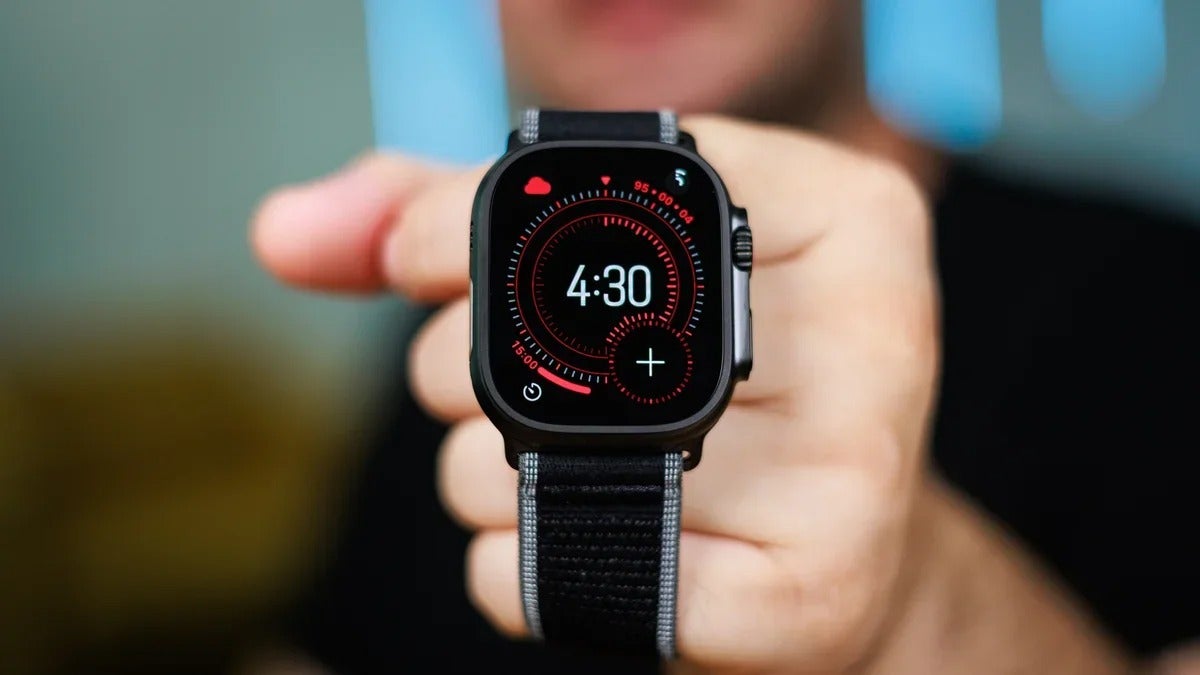Key Takeaways
- Apple cider vinegar and cinnamon might help control blood sugar, but the effects are modest.
- Too much apple cider vinegar can harm your teeth and digestion, and too much cinnamon can stress the liver.
- It’s important not to replace medical treatments with apple cider vinegar and cinnamon.
Apple cider vinegar and cinnamon contain antioxidants and may help lower blood sugar. However, the research is still out on whether they’re extra beneficial when combined.
They May Help Regulate Blood Sugar
Apple cider vinegar and cinnamon have been linked to modest benefits in blood sugar control, according to Keri Gans, MS, RDN, CDN, a dietitian and author of “The Small Change Diet.”
“Taken together, there’s no solid evidence of amplified benefits, and any effect would likely be modest at best,” Gans told Verywell.
Apple cider vinegar and cinnamon may also lower cholesterol and increase insulin sensitivity, which is particularly helpful for people with type 2 diabetes.
They May Protect Your Heart Health
Cinnamon is a good source of antioxidants, and it also has anti-inflammatory compounds, Barron said.
“Cinnamon may be beneficial for heart health, managing diabetes, and cognitive health. But, like apple cider vinegar, the research is minimal and inconclusive,” said Leah Barron, RD, LD, CPT, a dietitian at The Baseline Lifestyle Co.
She added that combining apple cider vinegar and cinnamon is not a cure-all.
“It’s important to remember that conditions like diabetes and heart diseases are multifactorial—and often a result of a person’s overall lifestyle rather than any individual food or ingredient,” Barron said.
How Much Should You Take?
Barron said that in studies where researchers saw improvements in blood sugar and cholesterol, the daily dose of cinnamon ranged from 1 to 6 grams. For apple cider vinegar, the daily dose is 1-2 ounces.
If you live with chronic health conditions or take medications daily, you’ll want to run it by your doctor or pharmacist before trying apple cider vinegar and cinnamon.
“Apple cider vinegar may interact with medications like insulin or diuretics and can lower potassium if overused,” Gans said. “Cinnamon, especially in supplement form, can be risky in large amounts. Neither should replace proven approaches for managing cholesterol, blood sugar, or heart health.”
It’s important not to be too heavy-handed when incorporating apple cider vinegar and cinnamon into your diet.
“There’s no standard dose, and more isn’t better,” Gans said. “High amounts of vinegar can harm teeth and digestion, while too much cinnamon can stress the liver.”
Other Risks to Consider
Barron said there’s no reason you shouldn’t have apple cider vinegar and cinnamon together, as long as you’re consuming both in moderation and following a few common-sense rules:
- Never eat a spoonful of cinnamon powder alone, as this can be a choking hazard.
- Always dilute apple cider vinegar with water and drink through a straw to avoid damaging tooth enamel and irritating the esophagus.
- Do not use apple cider vinegar and cinnamon to replace proven medical treatments.
Source link
:max_bytes(150000):strip_icc()/maggieoneill-16204cf3e01b424bbbd66733f6fb4668.jpeg)

